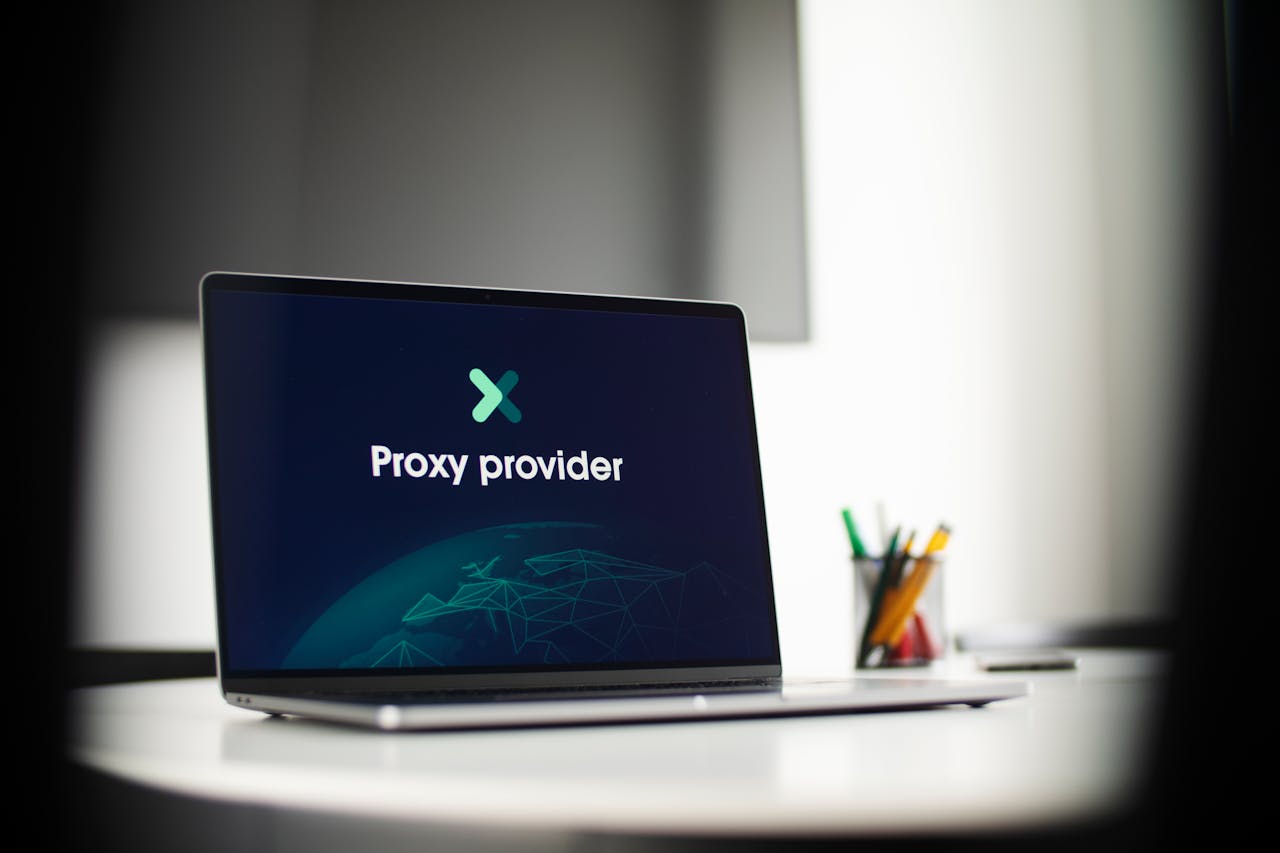Regularly Monitor Your Accounts
Keeping an eye on your accounts for unusual activity is crucial for spotting breaches early. Most banks and online platforms offer alerts for suspicious logins or transactions. Setting these up and reviewing account activity regularly can help you respond quickly if something seems off.
Protect Personal Information on Social Media
Oversharing on social media can make you an easy target for cybercriminals. Avoid posting sensitive information like your address, phone number, or vacation plans. Adjust your privacy settings to control who can see your posts and personal details.
Use Secure Payment Methods
When shopping online, opt for secure payment methods like credit cards or trusted payment platforms like PayPal. These services offer additional fraud protection compared to debit cards or direct bank transfers. Always ensure the website uses HTTPS encryption before entering payment details.
Be Cautious with App Permissions
Many apps request permissions they don’t necessarily need, like access to your location, contacts, or camera. Review app permissions regularly and deny any that seem excessive or unnecessary. This reduces the risk of data misuse or unauthorized tracking.
Back Up Your Data Regularly
Regular backups ensure that your data is safe even if your device is compromised. Use cloud storage services like Google Drive or iCloud alongside external hard drives to create redundant backups of important files. This is particularly vital in case of ransomware attacks or device failures.

